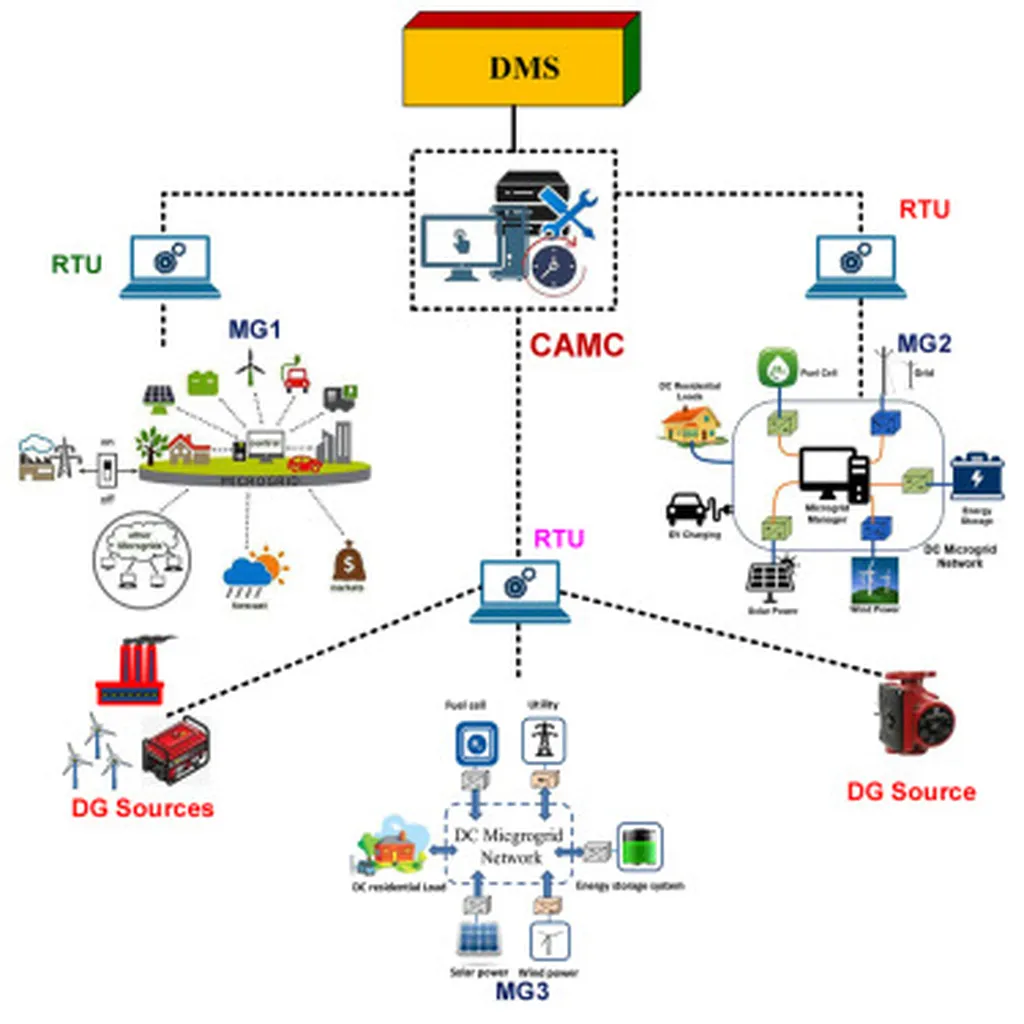In the rapidly evolving energy sector, the integration of distributed energy resources (DERs) into microgrids is transforming how power networks operate. However, this shift brings unique challenges, particularly in protecting these networks during fault conditions. A recent study published in the journal “Published in the Institute of Electrical and Electronics Engineers Journal” offers a promising solution to some of these challenges, potentially reshaping the future of microgrid protection.
The research, led by Sujatha Balasubramanian from the Department of Electrical and Electronics Engineering at SRM Institute of Science and Technology in India, focuses on the issues of blinding and sympathetic tripping in microgrids. These problems arise due to the variability in current direction and magnitude when distributed generators (DGs) are integrated into the system. “When a microgrid operates autonomously, the reduced short circuit current compared to grid-connected mode can lead to significant protection issues,” Balasubramanian explains.
The study introduces an adaptive decentralized protection technique designed to ensure the coordination of overcurrent relays in microgrid networks, even under uncertain conditions. The method involves estimating relay settings without considering DGs and then establishing relay coordination based on fault currents calculated using the Thevenin equivalent circuit. “By analyzing the current and voltage measured at the relay position before a system fault, we can derive the fault currents from the relay’s perspective,” Balasubramanian adds.
The proposed technique was tested on modified IEEE 9-bus and 14-bus systems, with simulation studies conducted using MATLAB and DIgSILENT Powerfactory 2023. The results demonstrated the effectiveness of the decentralized adaptive protection strategy in addressing microgrid protection issues.
The implications of this research for the energy sector are substantial. As microgrids become more prevalent, ensuring their reliable and safe operation is crucial. The adaptive decentralized protection technique offers a robust solution to the challenges posed by DER integration, potentially enhancing the resilience and efficiency of microgrid networks.
“This research is a significant step forward in addressing the protection challenges in DG-integrated microgrids,” says an industry expert familiar with the study. “The adaptive decentralized approach provides a flexible and reliable method for coordinating overcurrent relays, which is essential for the stable operation of microgrids.”
The study’s findings could influence future developments in microgrid protection, encouraging further research and innovation in this critical area. As the energy sector continues to evolve, the need for advanced protection techniques will only grow, making this research a timely and valuable contribution to the field.

